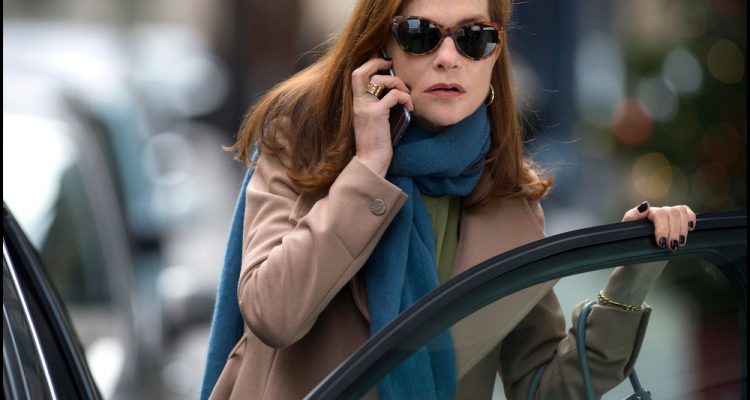MARRAKECH, MOROCCO — Tipped for potential, and unexpected, awards-season success (keep your eyes on the Golden Globes), Isabelle Huppert attended this month’s Marrakech International Film Festival with the controversial film “Elle” and the tragicomic feature “Souvenir,” in which she plays a singer making a comeback.
Huppert spoke in Marrakech about the difference between directors Michael Hane
In “Elle” she plays a woman that suffers a brutal rape who takes the experience on her own terms, and sets out to find out who her masked attacker was. The film was adapted from a book by Philippe Djian called “Oh….”
No stranger to challenging roles, she has won more Césars than anyone in history, and her characters span everything from Haneke’s “Amour” to François Ozon’s “8 Women.” Her more recent international films include “The Disappearance Of Eleanor Rigby” and “Louder Than Bombs.” She will soon be seen in Serge Bozon’s “Madame Hyde.”
What was your first reaction to the project “Elle”?
Well, I read the book first. I read the book, and then I was very happy that Paul Verhoeven was going to do the film, because I thought it was the perfect match to the book. I thought it was unusual, unpredictable, exciting. I saw many layers to the story. The ambiguity. Paul Verhoeven, in addition to that, brought a lot of irony to the story. He did do some changes from the book. In the book, she was running a television company. In the film, she runs a [video-game] company which adds to the film. The brutality and the eroticism from the video games and the threat also. Also, it creates a virtual and artificial feeling and it adds something to the story.
 Was it possible for you to relate to the character?
Was it possible for you to relate to the character?
Well, as much as any other character that I do. Not less, not more. Of course, I think a lot of people can relate to that character, even though I thought what was interesting about this person is that she is almost like a prototype. She is a pure invention, like nobody you would meet before. She is not a victim, she wants to take on what happens to her. She is not the usual avenger, taking the male weapons to accompany her revenge, because there is revenge. When I do interviews, I don’t like to unveil the ending of the films, but there is obviously a sense of punishment and revenge, but she does it her own way, somehow in between a man and a woman. Interestingly, for many other reasons, she is almost like the man of the story; she is very reserved and fearless. I read something funny, like she bought a gun like she would buy a bottle of perfume. The character blurs the definition between a man and a woman. I thought that was interesting. She is not the caricature of a man in this situation, but in a way she is the man of the story, because she gives money to the people around her. A lot of people are dependent on her, and she is a very strong person.
How do you select your roles?
I was always ready to go for interesting projects and directors.
Do you like to play fearless women?
It was certainly attractive in both roles, because in “Things To Come,” what happens to this person is what happens to a lot of women. She does not want to be the classical victim. She turned this series of events into something more interesting. She doesn’t deny the suffering, or the pain, or all those sort of things. Maybe, because she is a philosophy teacher, she has enough intellectual resources in herself to turn this into something to make her stronger, in a way. I hesitate to use that word, as I am not sure it is the right word. She does not really collapse in a way that this situation would make you collapse, most of the time. The way the subject is approached is really interesting.
She is a philosophy teacher, and an intellectual, and the film is filled with intellectuals, but instead of taking something away from me and being abstract, on the contrary, philosophy becomes almost like a tool of sensuality, and comprehension, and transmission, too, because the fact that she is a teacher is very important for her. Most important for her is the transmission, and she wants to go on and deliver her courses as well. Usually when a couple split, they fight over the coffee machine, but here they fight over the books. The fact that she is a philosophy teacher is very pleasant, and sometimes moving and amusing, too.

